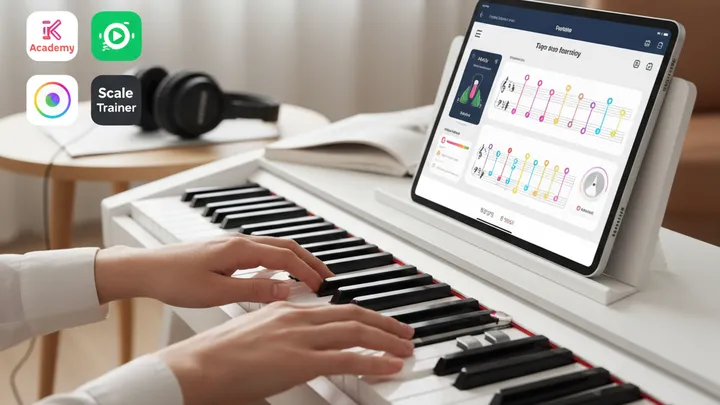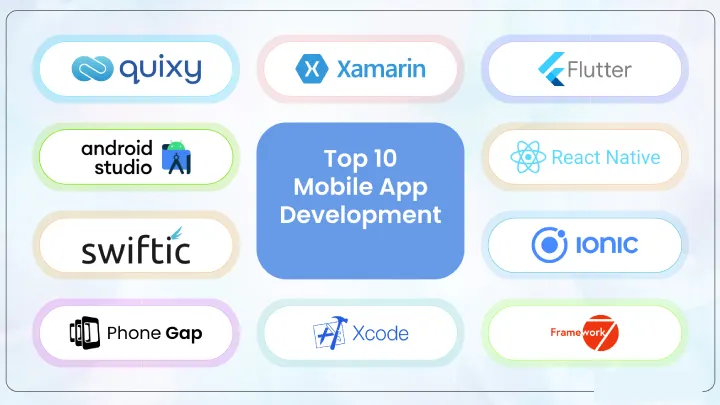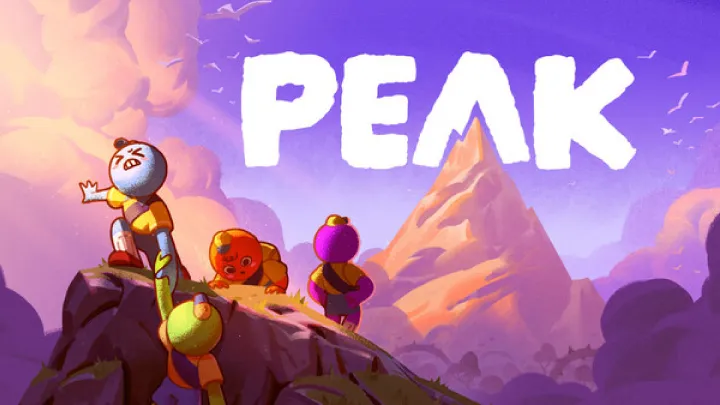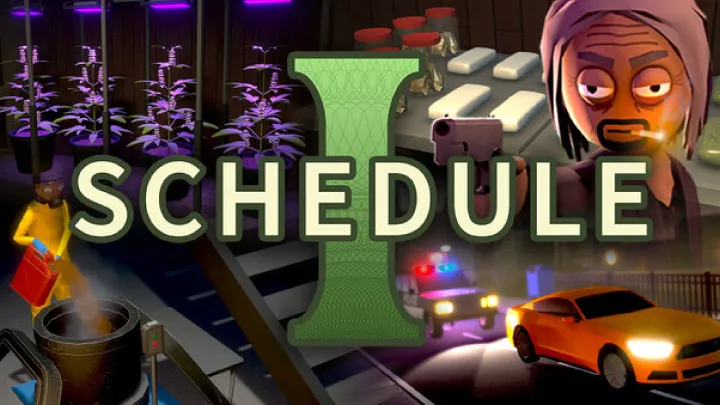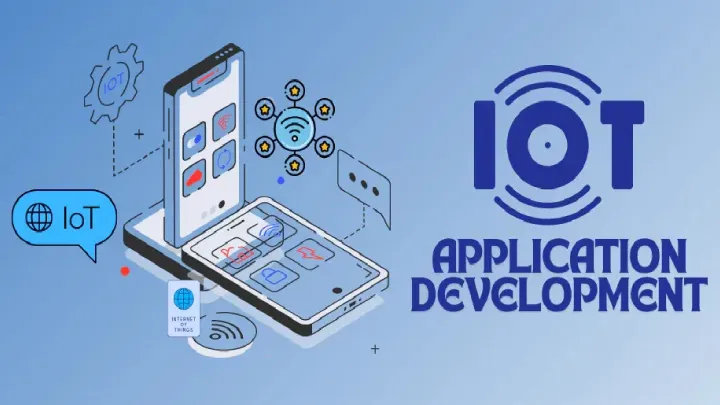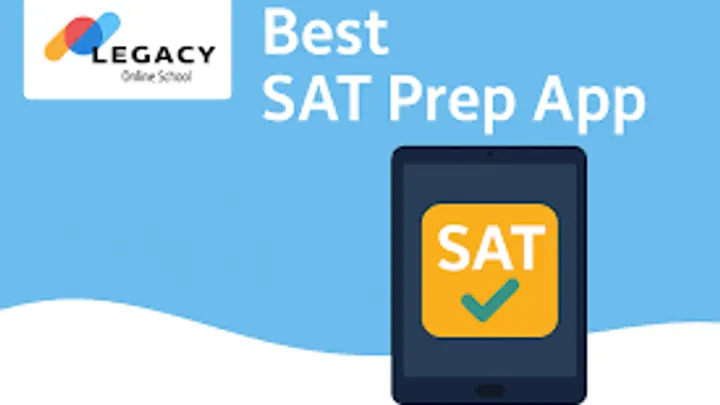Cross-platform mobile development has become increasingly important as businesses and developers seek to create applications for multiple platforms without duplicating efforts. With one codebase, developers can reach users on both iOS and Android, significantly reducing costs and time to market. This article explores the top 10 apps for learning cross-platform mobile development, highlighting their features, strengths, and weaknesses.
1. Codecademy
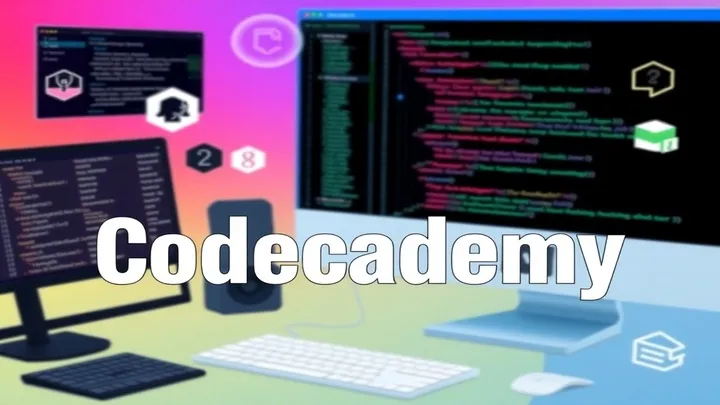
Overview
Codecademy offers an interactive mobile app that focuses on teaching React Native and Flutter. Users can engage with components, state management, and hot reloads through hands-on projects, including chat applications.
Strengths
- Guided Learning: Users can build projects step-by-step, receiving instant feedback that helps reinforce learning.
- Flexible Progression: The app allows users to sync progress across devices, catering to different learning paces.
- Free Basics: The basic modules cover essential topics, such as Dart syntax and JSX, providing a solid foundation for beginners.
Weaknesses
- Mobile Limitations: The mobile editor can struggle with multi-file builds, which might hinder advanced users.
- Assumed Knowledge: The platform assumes familiarity with JavaScript or Dart, making it less accessible for complete beginners.
Overall Evaluation
Codecademy is an excellent choice for those transitioning from JavaScript to cross-platform development. However, users may benefit from pairing mobile learning with desktop resources.
2. Udacity
Overview
Udacity's app offers a focused approach to learning React Native and Flutter through its nanodegree programs. With mentorship and real-world projects, users can master shared codebases, APIs, and testing.
Strengths
- Mentorship: Users receive personalized feedback on their projects, enhancing learning outcomes.
- Career Services: The app includes career guidance, making it suitable for those looking to break into the tech industry.
- Offline Access: Users can download content for offline use, making it convenient for travel.
Weaknesses
- High Cost: At $399 per month, it may not be feasible for casual learners.
- Prerequisites: The app requires some prior knowledge of JavaScript or Dart, which may deter absolute beginners.
Overall Evaluation
Udacity is ideal for committed learners seeking a career-focused education. However, the cost may limit accessibility for some users.
3. Coursera
Overview
Coursera provides access to specializations like "Flutter & Dart - The Complete Guide" and "React Native - The Practical Guide." The app features a mix of videos, quizzes, and peer-graded projects.
Strengths
- Free Access: Users can audit courses for free, allowing them to access core content without financial commitment.
- Offline Learning: The app supports offline lectures, making it easy to learn on the go.
- Comprehensive Content: The courses cover a wide range of topics, from setup to advanced concepts like state management.
Weaknesses
- Video-Heavy: The learning experience can be limited by the lack of hands-on coding opportunities in the mobile version.
- Self-Paced Learning: Users must be self-motivated to complete projects and quizzes without structured deadlines.
Overall Evaluation
Coursera is an excellent resource for those seeking formal credentials. However, the mobile interface may not be conducive to interactive coding.
4. Pluralsight
Overview
Pluralsight's app offers paths on React Native, Flutter, and Xamarin, featuring assessments, labs, and challenges that focus on shared business logic.
Strengths
- Skill IQs: The app identifies skill gaps and provides personalized learning paths.
- Offline Content: Users can access videos and resources offline, making it easy to study anywhere.
- Comprehensive Coverage: The app covers emerging trends and technologies relevant to 2025.
Weaknesses
- Net-Dependent Labs: Many labs require an internet connection, which could limit usability in offline scenarios.
- Limited Indie Focus: The content primarily targets enterprise development, which may not appeal to indie developers.
Overall Evaluation
Pluralsight effectively assesses and hones skills in cross-platform development, making it suitable for professionals. However, offline limitations may affect some users.
5. LinkedIn Learning
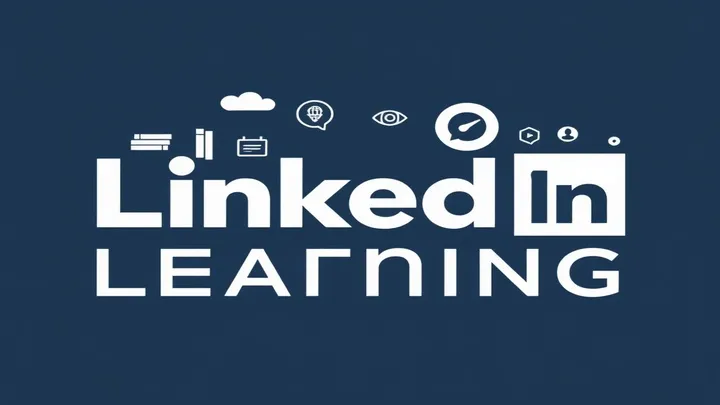
Overview
LinkedIn Learning hosts a range of courses on Flutter and React Native, with exercises designed to enhance users' profiles and job visibility.
Strengths
- Concise Demos: The app features clear, concise demonstrations of various setups and techniques.
- Career Integration: Certificates earned through the app can enhance users' LinkedIn profiles, making them more visible to recruiters.
- Offline Quizzes: Users can take quizzes offline, allowing for flexible learning.
Weaknesses
- No In-App Labs: The lack of integrated coding environments may hinder practical learning.
- Limited Pathways: The app does not provide structured learning pathways, requiring users to navigate content independently.
Overall Evaluation
LinkedIn Learning is a strong option for job seekers looking to enhance their skills and visibility. However, practical exercises require additional resources.
6. freeCodeCamp
Overview
freeCodeCamp’s app focuses on JavaScript tracks, teaching React Native through challenges and practical projects, such as weather applications.
Strengths
- Completely Free: The app is ad-free and provides over 300 hours of content without any cost.
- Community Support: Users can receive feedback from a supportive community, enhancing the learning experience.
- Offline Access: Sections can be downloaded for offline use.
Weaknesses
- Limited Scope: The app primarily focuses on JavaScript and does not cover Dart or MAUI extensively.
- Basic Challenges: The challenges may be too simple for advanced learners.
Overall Evaluation
freeCodeCamp is ideal for those just starting with React Native. However, its limited content breadth may be a drawback for more experienced developers.
7. SoloLearn
Overview
SoloLearn gamifies learning React Native and JavaScript basics, providing quizzes and playgrounds for hands-on practice.
Strengths
- Community Engagement: The app boasts a large community where users can share code snippets and learn from each other.
- Instant Feedback: Users receive immediate feedback on quizzes, helping to reinforce learning.
- Accessibility: The app is free to use, making it accessible to a wide audience.
Weaknesses
- Introductory Focus: The content is primarily for beginners, lacking advanced topics like state management in Flutter.
- Disruptive Ads: The presence of ads can interrupt the learning experience.
Overall Evaluation
SoloLearn offers a fun and engaging way to learn for newcomers. However, its lack of depth may not satisfy users looking for advanced skills.
8. Mimo
Overview
Mimo's app delivers short lessons on React Native hooks and Flutter widgets, featuring projects that allow users to prototype lists on mobile.
Strengths
- Short Lessons: The compact lessons cater to busy schedules, allowing users to learn in 5-minute segments.
- Motivation: Streaks encourage consistent learning, making it easier to build habits.
- Free Basics: The app includes free introductory content, with a subscription option for unlimited access.
Weaknesses
- Limited Depth: The content may be too basic for users seeking more comprehensive knowledge.
- Repetitive Content: Advanced users may find the lessons repetitive after completing the basics.
Overall Evaluation
Mimo is excellent for those looking for quick lessons and refreshers. However, it may not provide enough depth for serious learners.
9. Enki
Overview
Enki's app adapts to users' learning needs, offering workouts in React Native and Flutter contexts, along with flashcards to reinforce retention.
Strengths
- Personalized Learning: The AI-driven paths adapt to users' strengths and weaknesses, enhancing the learning experience.
- Short Sessions: Users can complete 10-minute sessions, making it easy to fit learning into busy schedules.
- Offline Capability: The app allows for offline access to core materials.
Weaknesses
- Limited Project Builders: Users may find the lack of hands-on project builders a drawback.
- Narrow Focus: The content primarily targets JavaScript and Python, omitting other languages like MAUI.
Overall Evaluation
Enki is a strong choice for intermediates looking to build daily habits. However, its limited project-based content may not suit all learners.
10. Programming Hub
Overview
Programming Hub offers modules on Dart and JavaScript for Flutter and React Native, featuring compilers and instructional videos for cross-platform development.
Strengths
- Offline Compiler: Users can run tests offline, making it convenient for practice.
- Affordable Certification: At $6.99 per month, it provides a cost-effective way to gain certifications.
- Diverse Content: The app covers multiple programming languages, including Kotlin.
Weaknesses
- Fragmented Learning Paths: The app's organization may be confusing for some users.
- Outdated UI: The user interface might feel dated compared to other learning platforms.
Overall Evaluation
Programming Hub is an affordable option for learning multiple languages related to cross-platform development. However, the fragmented content may hinder the learning experience.
Conclusion
Learning cross-platform mobile development has never been easier, thanks to these ten apps. Whether you’re a complete beginner looking to grasp the basics or a seasoned developer seeking to refine your skills, there’s an app tailored to your needs. From freeCodeCamp's hands-on challenges to Udacity's mentorship programs, each app offers unique advantages. As the demand for cross-platform solutions continues to grow, investing time in these resources can pave the way for a successful career in mobile development.









